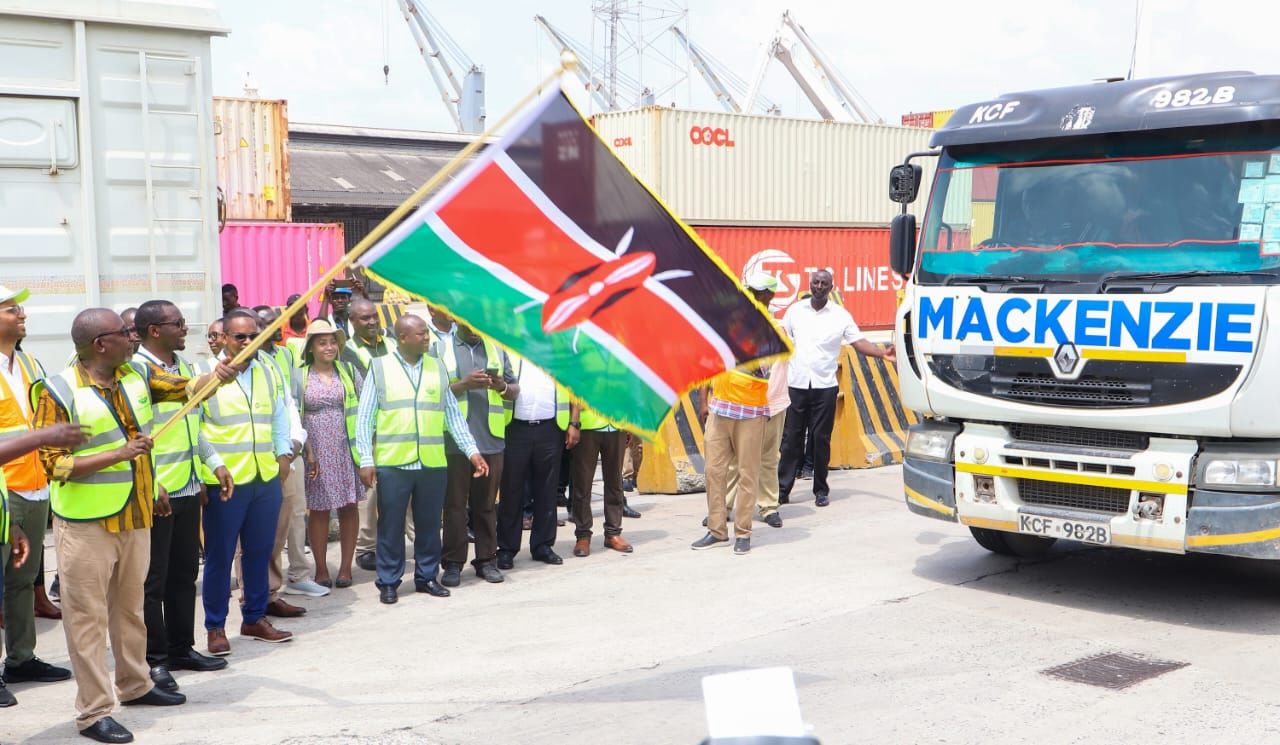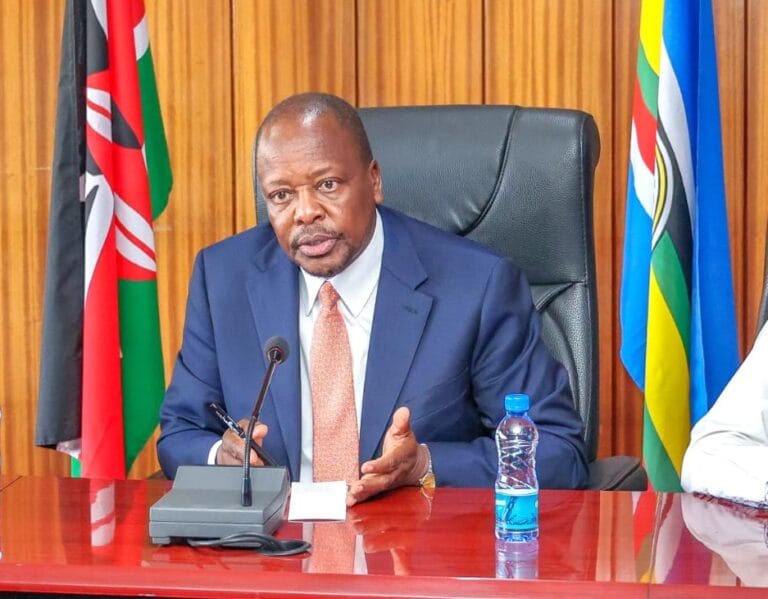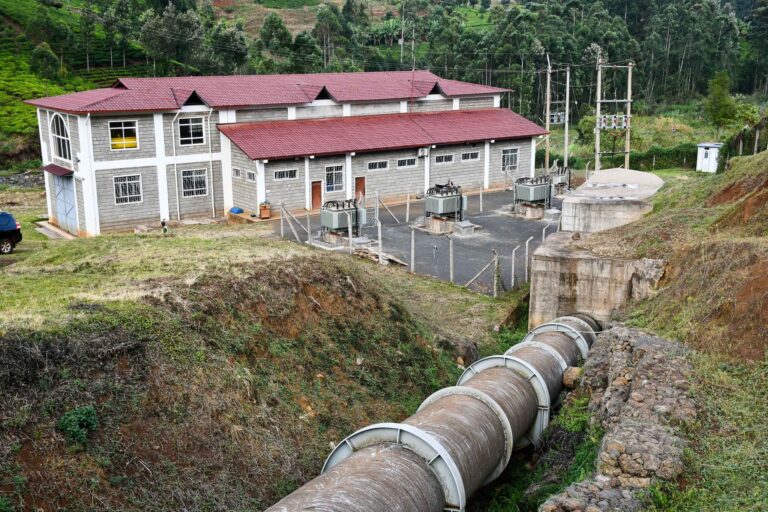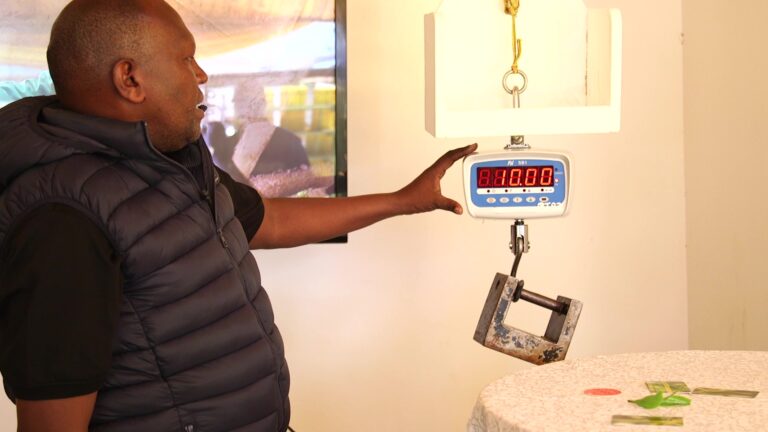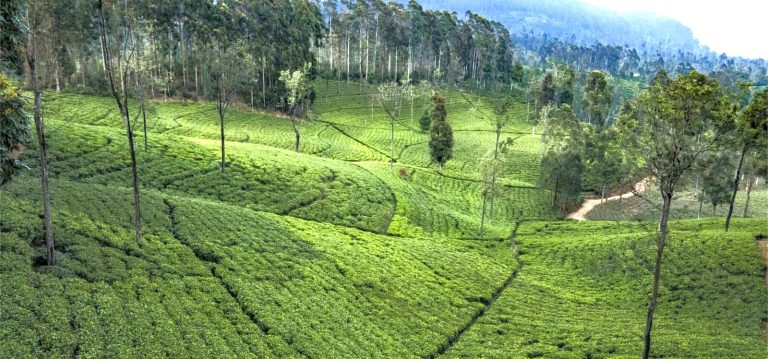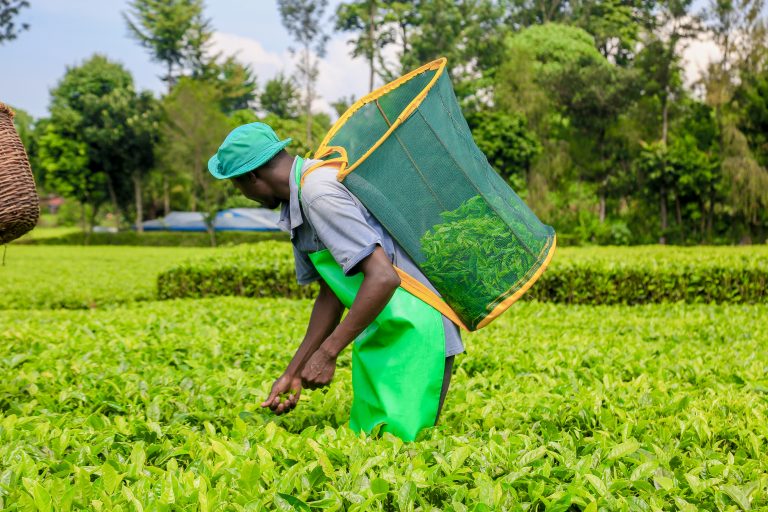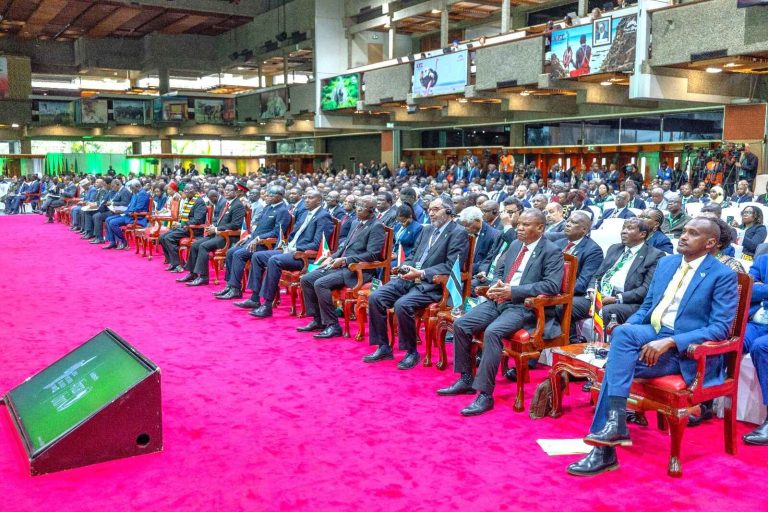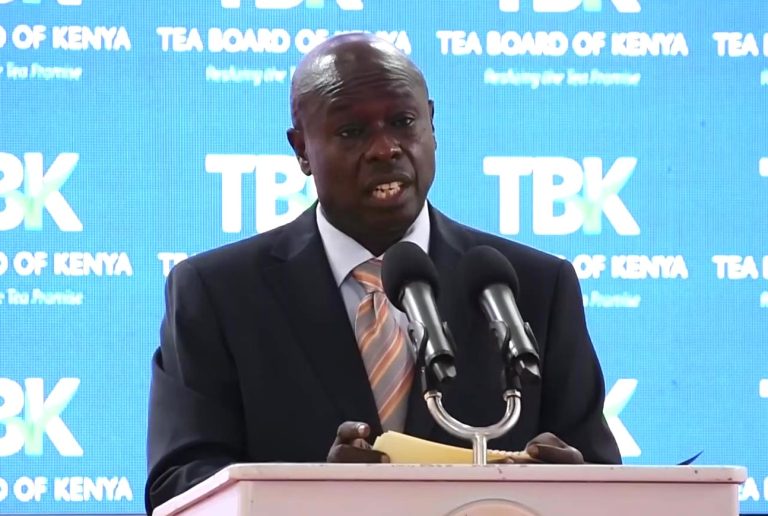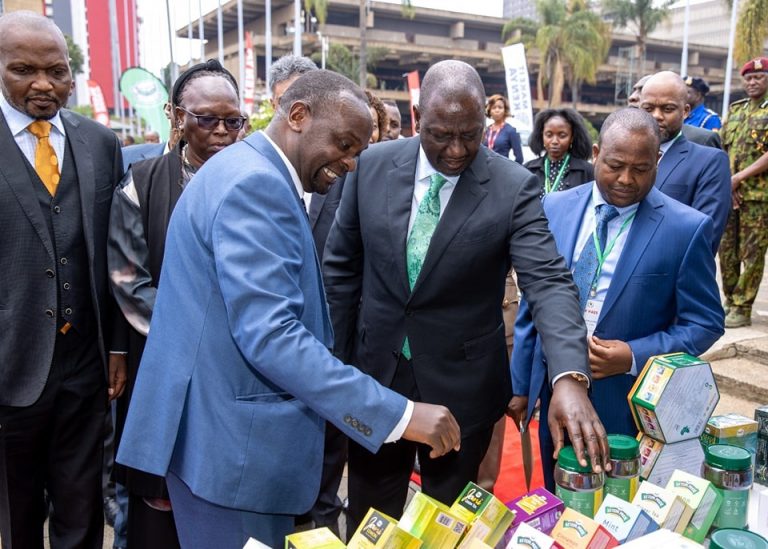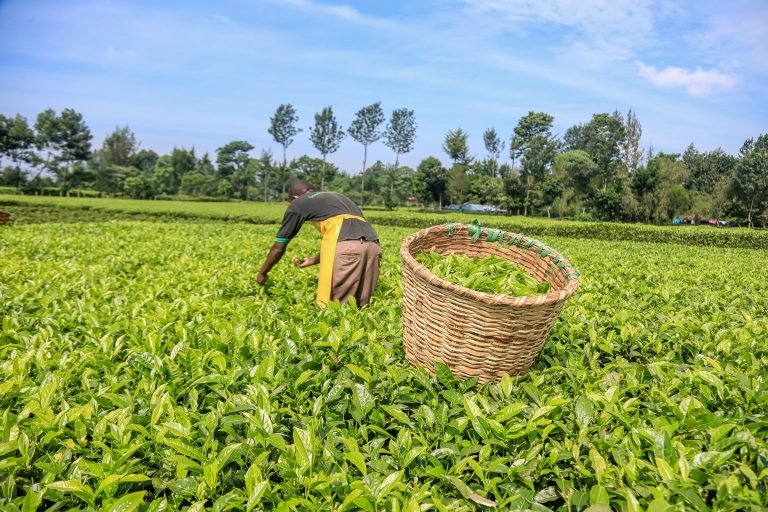The second consignment of fertilizer for Kenya Tea Development Agency (KTDA) farmers has been flagged off at the Mombasa Port for onward distribution via the Standard Gauge Railway (SGR) to Nairobi and subsequently to factories.
The consignment comprises over 900,000 bags totalling 45,232 tonnes of fertilizer that KTDA has imported for its farmers as part of total fertilizer order which totals 92,737 metric tonnes for the 2023/2024 year.
The ship carrying the second consignment docked at the Mombasa Port on Monday, December 18, 2023. This follows the successful delivery of the first consignment of 956,000 bags of 50kgs (47,800 tonnes) which was received at the Port, and distributed to farmers, in October this year.
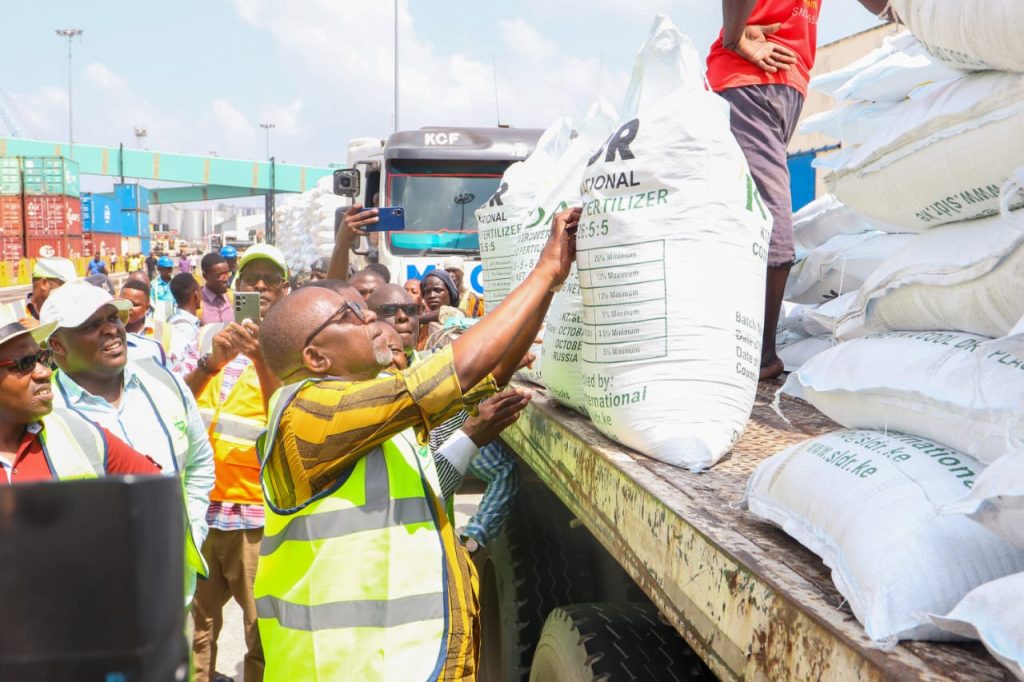
Speaking while flagging off the consignment, Agriculture and Livestock Development Cabinet Secretary, Mithuka Linturi, said: “We have flagged off over 45,00 metric tonnes of fertilizer which translates to over 900,000 bags that we want our farmers to use to apply to their tea. This is as a result of the commitment that the government has made to continually support our farmers. Since we have made it clear that we want to increase productivity so that we can get more yield, the Government has stepped in to subsidize the cost of fertilizer, farmers are now buying fertilizer at KES 2,500 per bag.”
Speaking at the same event, KTDA Holdings Chairman, Enos Njeru, said: “We are pleased to be flagging off the second fertilizer consignment of the year for distribution to our farmers. This follows the successful importation and distribution of the first batch of fertilizer in October this year, which farmers received and applied to their tea ahead of the short rain season.
Njeru said the delivery of this consignment comes against the backdrop of global challenges in the shipping and logistics space that has been occasioned by various challenges. These include disruptions caused by the ongoing Russia-Ukraine conflict as well as the ongoing Israel-Hamas war which has led to the re-routing of shipping lines away from the Suez Canal.
“I am also happy to note that, this year, we have introduced packages of 25 kgs bags instead of the traditional 50kgs to ease the carrying of heavy weights while applying fertilizer in the farms. Moving forward, and to ensure that we do not experience lengthy delays in fertilizer delivery for our farmers, we have embarked on early procurement of next year’s fertilizer so that it reaches our farmers in good time. We thank His Excellency President William Ruto and his Government, led by the Agriculture Cabinet Secretary, for the continued support in ensuring that smallholder tea farmers under the KTDA ambit are getting fertilizer at subsidized rates thus cushioning them against high fertilizer prices that have characterized the market,” opined Njeru.
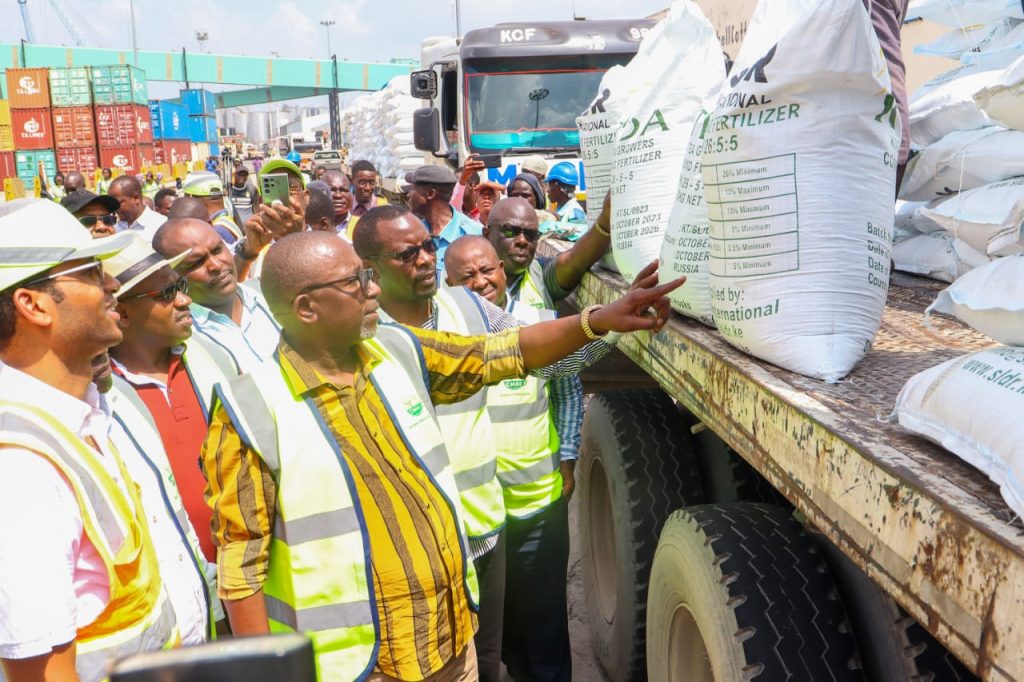
The NPK 26:5:5 chemically compounded fertilizer was procured directly from Russia and will be bagged at the port before distribution to the farmers. KTDA says this arrangement allows smooth and efficient delivery to farmers up to the closest tea buying centres as farmers do not incur extra cost transporting the fertilizer from the factory stores.
The cost of fertilizer has been negatively impacted by the rising cost of natural gas (a key component in the manufacture of NPK chemically compounded fertilizer), unfavourable exchange rates, global supply constraints, high crude oil costs and the cost of shipment among other factors.
The KTDA fertilizer credit scheme enables farmers to pay in instalments for the fertilizer they have ordered for use on their farm. These payments are made over several months to ease the farmer’s burden on the purchase of fertilizer which is a major input cost in tea farming.


